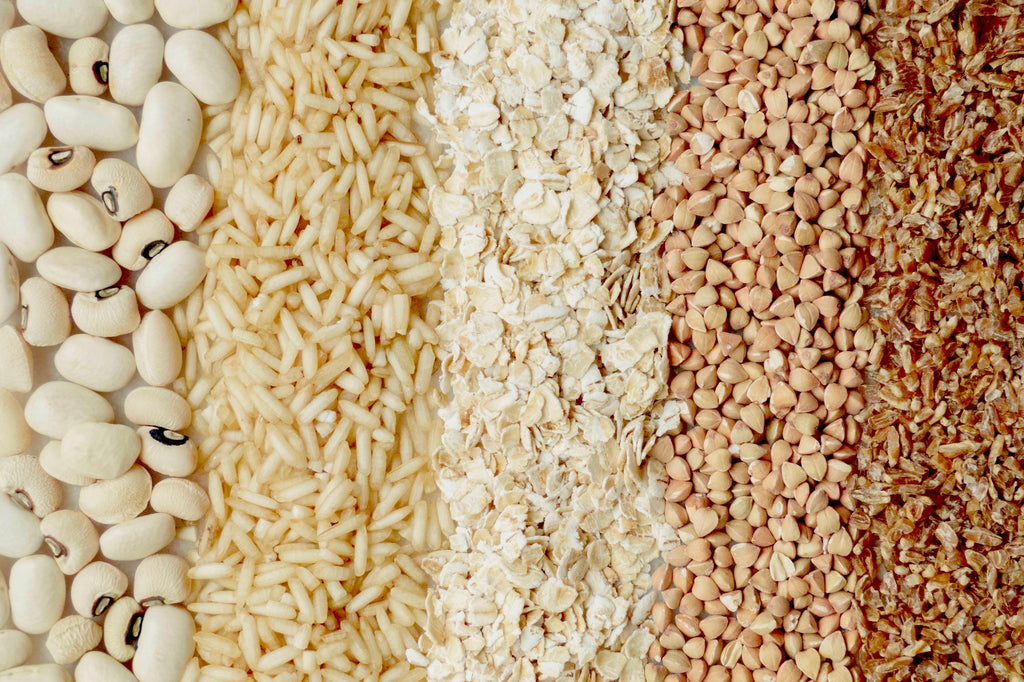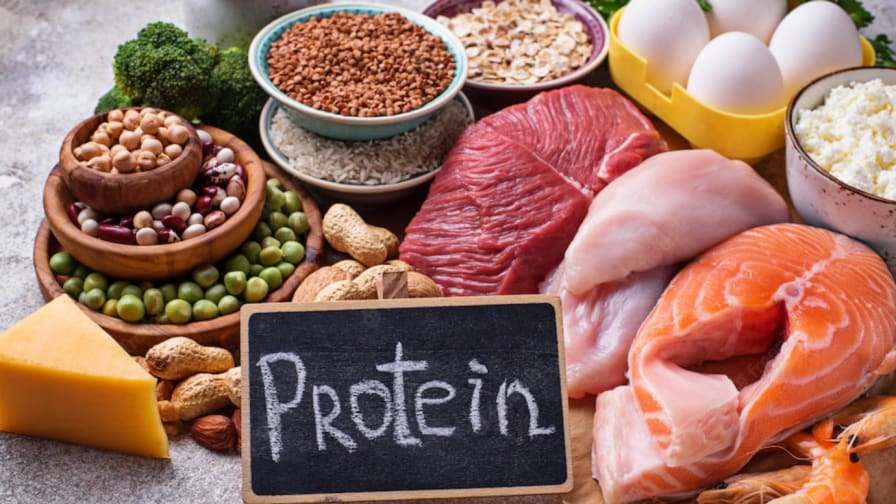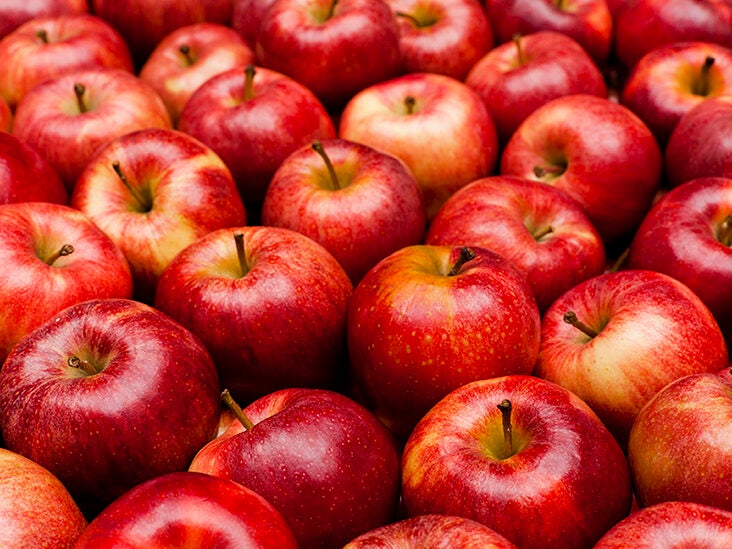FAT BURNING FOOD - BEAWARE OF SUPPLIMENTS
Fat burning foods are those that can boost your metabolism, increase fat oxidation, and help you burn calories more efficiently. It's important to note that while these foods may have a small impact on your metabolism, they are not magical solutions for weight loss. The key to successful and sustainable weight loss is a combination of a balanced diet, regular exercise, and a healthy lifestyle. Here are some fat-burning foods to include in your diet:
Green Tea: Green tea contains catechins and caffeine, which can enhance fat oxidation and boost metabolism.

Chili Peppers: Capsaicin, the compound responsible for the spiciness in chili peppers, may temporarily boost metabolism and increase fat burning.

Whole Grains: Foods like brown rice, quinoa, oats, and whole wheat are high in fiber, which can help stabilize blood sugar levels and keep you feeling full.

Protein-Rich Foods: Protein requires more energy to digest compared to fats and carbohydrates, so consuming lean proteins like chicken, turkey, fish, tofu, and legumes can help boost metabolism.

Berries: Berries are rich in antioxidants and fiber, and their low-calorie content makes them a great choice for weight loss.

Leafy Greens: Spinach, kale, and other leafy greens are low in calories and high in nutrients, making them excellent choices for a weight loss diet.
Citrus Fruits: Citrus fruits like oranges, lemons, and grapefruits are rich in vitamin C and can aid in fat metabolism.

Apples: Apples are high in fiber and can help control appetite and promote satiety.

Greek Yogurt: Greek yogurt is a good source of protein and can help keep you feeling full for longer.

Coconut Oil: Some studies suggest that medium-chain triglycerides (MCTs) found in coconut oil may slightly boost metabolism.
:max_bytes(150000):strip_icc()/GettyImages-8081649701-5b37f75946e0fb0037ce0001.jpg)
While these fat-burning foods can support your weight loss efforts, it's crucial to avoid falling for fad diets or relying solely on supplements that claim to burn fat rapidly. Many fat-burning supplements on the market may have side effects, lack scientific evidence, or even be harmful to your health. Instead, focus on making long-term lifestyle changes, including a balanced diet, regular exercise, adequate sleep, stress management, and staying hydrated.
If you have specific weight loss goals or health concerns, it's always best to consult with a healthcare professional or a registered dietitian who can provide personalized advice and guidance based on your individual needs and circumstances.
Comments
Post a Comment